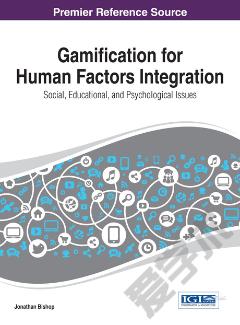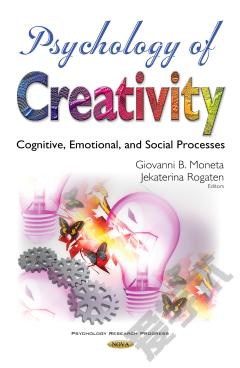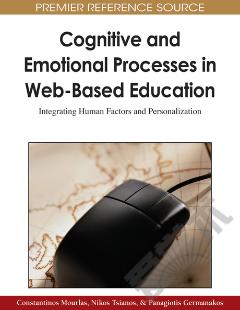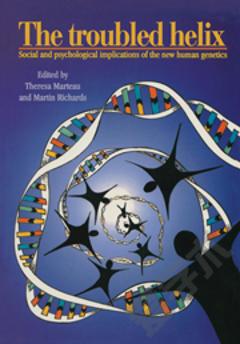Gamification for Human Factors Integration: Social, Education, and Psychological Issues
Much as been written about e-government within a growing stream of literature on ICT for development, generating countervailing perspectives where optimistic, technocratic approaches are countered by far more sceptical standpoints on technological innovation. This body of work is, however, not without its limitations: a large proportion is anecdotal in its style and overly deterministic in its logic, with far less being empirical, and there is a tendency for models offered up by scholarly research to neglect the actual attitudes, choices, and behaviour of the wide array of actors involved in the implementation and use of new technology in real organisations. Drawing on the theoretical perspectives of the Ecology of Games framework and the Design-Actuality Gap model, this chapter focuses on the conception and implementation of an electronic property tax collection system in Bangalore (India) between 1998 and 2008. The work contributes to not just an understanding of the role of ICTs in public administrative reform, but also towards an emerging body of research that is critical of managerial rationalism for an organization as a whole, and which is sensitive to an ecology of actors, choices, and motivations within the organisation.
{{comment.content}}








 京公网安备 11010802027623号
京公网安备 11010802027623号